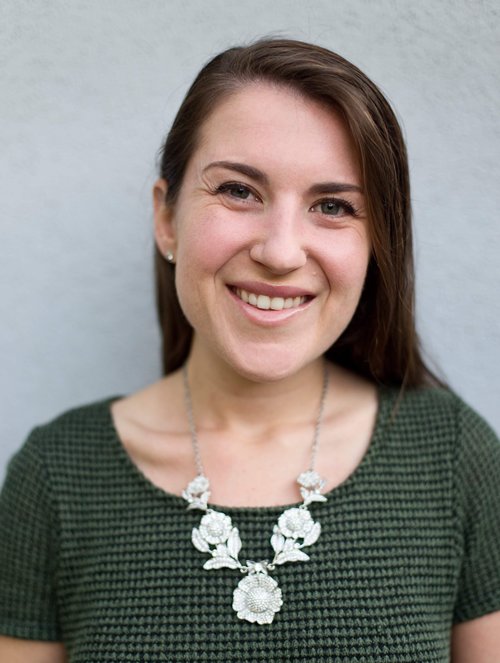
Living in Los Angeles, much of my time is spent stressed in the car as I grow frustrated with traffic. I found myself in this situation last week as I dragged myself to a meeting across town in the middle of rush hour. Google Maps directed me away from the crowded highway and instead up winding canyon roads. Forty minutes into my drive, my car sat in a traffic jam at the top of Mulholland Canyon. I was absolutely exhausted and simply wanted to reach my destination. In my stress, I almost forgot to notice the beauty outside of my car.
In our Torah portion this week, Eikev, Moses reminds the Israelites to look around and pay attention. He does this as he continues his speech to the Israelites so that they are prepared to thrive in the Promised Land after his death. Moses states, “For Adonai your God is bringing you to a good land with streams and springs and fountains issuing from plain and hill…When you have eaten your fill, give thanks to Adonai your God for the good land which God has given you.” Moses also warns in many different ways, “Take care lest you forget Adonai your God.” Why is Moses concerned that the Israelites will grow arrogant with their success and forget about God?
Modern commentator Nechama Leibowitz has an answer. She states, “In blindness, human beings tend to detect the guiding hand of God only when it is visible in miracles…They fail to see the hidden miracles performed for them continually, even when the world around them seems to be going on as usual.” Perhaps Moses is worried that the Israelites will get used to their freedom and no longer see their success as evidence of God’s guiding hand. Any observer of humanity might notice the truth to Leibowitz’ assertion. During my recent summer internship as a hospital chaplain, I noticed that sick and dying patients often wanted more time with their loved ones to tell them things that they did not take the time to say earlier. Similarly, patients commonly wished they had appreciated and utilized their health while they still had the opportunity. We take daily miracles like our relationships and our bodies for granted.
As I read Eikev this week I grew embarrassed about my own tendency to ignore God’s handiwork and wondered how I might change my outlook. The rabbis of the past believed that blessings would help. In Talmud Berakhot 35b for example, Rabbi Hanina Bar Pappa says that when a person derives enjoyment from the world without reciting a blessing, it is as if that person has stolen from God. The rabbis created blessings so that humans would not be able to glide through life without noticing even the smallest miracles.
It would be impossible to recite a blessing for every single miracle, big or small, of life. However, it is important for us to find our own authentic and realistic ways to take stock of the small places where God touches us and makes life worth living. We might try keeping a gratitude journal. We might recite a single blessing of thanks each morning or night. I am setting the personal goal of waking up each morning and mentally listing at least three things I am grateful for.
Rabbi Abraham Joshua Heschel spoke about the importance of staying attuned to God’s work. He understood that humility and gratitude are important not just for individual mental health, but also for the health of humanity as a whole. He stated, “Mankind will not perish for want of information; but only for want of appreciation. The beginning of our happiness lies in the understanding that life without wonder is not worth living. What we lack is not a will to believe but a will to wonder.” When we fail to appreciate God’s presence in daily living, we cheat ourselves out of opportunities to feel content and joyous. Further, when we fail to see the godliness in others and in the world, it becomes less necessary to treat everything as if it contains a spark of the divine. Our best selves are diminished and humanity suffers.
My drive last week would have been better had I remembered to pay attention to God’s miracle-making in that moment. The sun was setting and downtown LA shimmered amidst a fiery sunset. Next time, I hope I can remember to pause, notice, and thank God for creating the glow of day and the calm of night. I hope I can remember to appreciate the magnificence of witnessing a world where such stunning daily transformation exists.
Liora Alban is a fifth-year rabbinical student at Hebrew Union College in Los Angeles. She also serves as the rabbinic intern at Leo Baeck Temple.
Related Posts

Parashat Yom Rishon shel Rosh HaShanah

Cultivating a Culture of Accountability and Belonging


